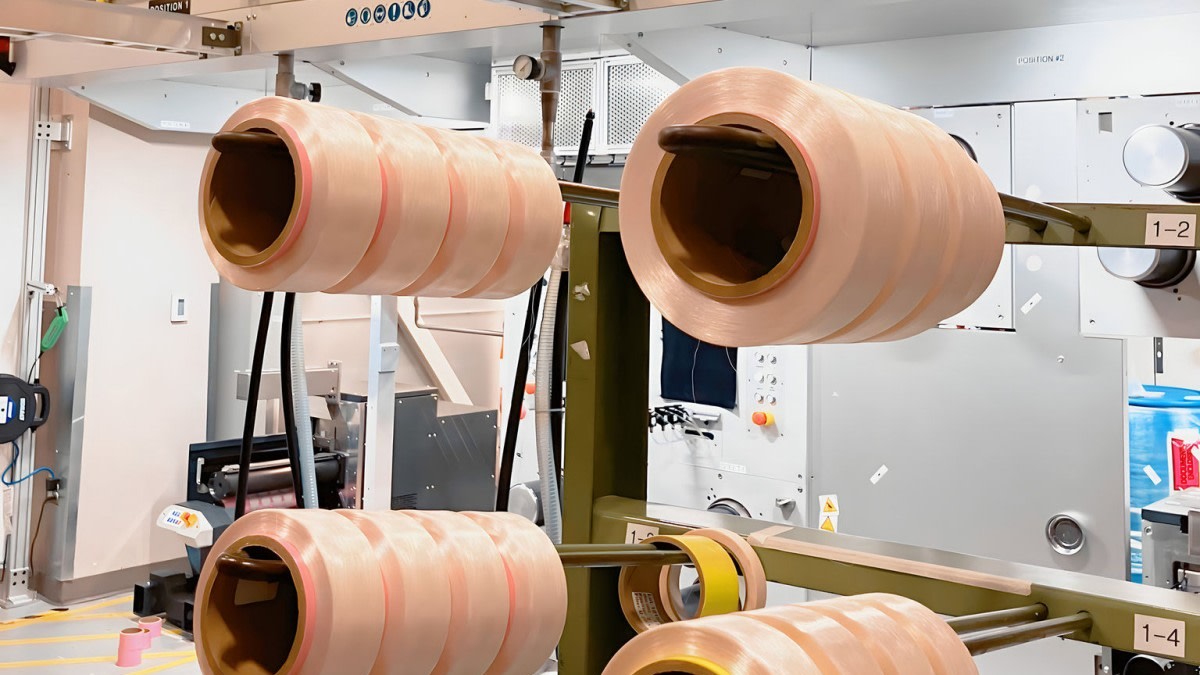Cloverdale, Celanese Bring CCU to Paint Innovation
Celanese Corp

The partnership represents how industries can lower the carbon footprint of everyday products like paint using CCU technology.
Cloverdale Paint expects to use 1 million pounds of captured CO2 in its products each year, which is otherwise released into the atmosphere and triggering global warming.
Cloverdale Paint, a manufacturer of premium quality paints, has joined forces with Celanese Corporation, a speciality chemical manufacturer, to produce more sustainable paints using the latter's advanced carbon capture and utilisation (CCU) technology.
They focus on converting captured carbon dioxide (CO2) from industrial operations into high-value materials.
READ MORE: FRONT Materials to Distribute Alusid Sustainable Tiles
Darrin Noble, president and chief operating officer, Cloverdale Paint, said: "Our Green Guarantee showcases our commitment to a greener economy and environmental accountability through utilizing sustainable materials, optimizing processes to minimize waste, and reducing our carbon footprint throughout every phase of the company’s operations.
“Our coatings are formulated not only for performance and longevity but also with a steadfast focus on sustainability, ensuring they actively contribute to environmental conservation. We uphold the highest environmental standards while delivering exceptional products that enable environmentally responsible choices. Partnering with Celanese is a significant step forward not just for Cloverdale Paint, but the paint industry as a whole.”
How does the process work?
Firstly, the CCU technology captures CO2 and converts it into methanol through a chemical process using hydrogen. This methanol is then used to create vinyl acetate-based emulsions, an important ingredient in paint production.
The companies say this method is more sustainable as it reduces reliance on fossil fuels, cuts carbon emissions, and supports a circular economy model, where waste is repurposed into valuable products.
Kevin Norfleet, global sustainability director, Acetyls, Celanese, added: "We are pleased to collaborate with Cloverdale Paint and harness the power of CCU to accelerate low-carbon options across an industry that plays a critical role in everyday life.
“This illustrates just one example of the potential opportunity from CCU as a strong option to reduce the carbon footprint of products while also creating a more circular economy.”
Explore the sustainable advantages of this partnership here and compare them with similar advancements.
Follow KnowESG's Technology News for regular news and views.
Discover an extensive network of ESG providers here
Check out KnowESG's latest ESG Event updates
Source: Celanese


